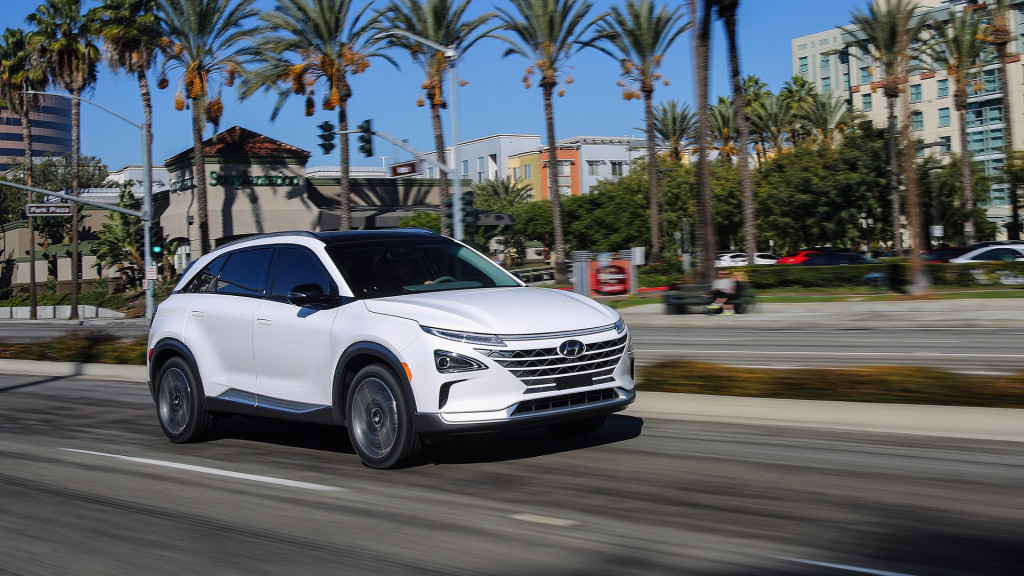The Congressional bipartisan infrastructure bill includes a proposal for hydrogen-production hubs that could use coal as an energy source. But even such allegedly clean hydrogen could produce high levels of greenhouse-gas emissions, according to a new study published in the journal Energy Science & Engineering.
The study looks at "blue" hydrogen, which is being promoted as a cleaner alternative to the most common hydrogen-production method, which involves separating hydrogen from the methane in natural gas, or from coal gasification.
That process produces carbon dioxide, but with blue hydrogen, the carbon dioxide is captured, theoretically ensuring it never enters that atmosphere. However, the study found that greenhouse-gas emissions from such hydrogen are actually 20% higher than emissions from burning coal, and 60% more than burning diesel.
While there is a "green" hydrogen production method, which involves separating water molecules into hydrogen and oxygen using electricity from renewable sources, that's not the only method supported by Congress.

2021 Hyundai Nexo
The infrastructure bill earmarks $8 billion to build at least four "clean regional hydrogen hubs" that would produce hydrogen from a number of potential sources—including coal.
This circles back to some realities about hydrogen fuel-cell vehicles: that even considering electrical losses from the power plant to the charge connector, hydrogen fuel-cell cars will use far more energy than battery-electric cars. That's given the input required for hydrogen production and the efficiencies of fuel cells, which factor in on an individual vehicle basis as more efficient than internal combustion engines but less efficient than battery electric tech.

Iwatani hydrogen fueling station rendering
However, greenhouse-gas emissions and energy consumption are only two of many factors to consider. The amount of "criteria emissions" and particulate matter from coal used to produce blue hydrogen would probably be far less than from straight combustion, at least.
Any expansion of hydrogen use also lays a foundation and a future infrastructure that can be used by "green" hydrogen from renewable sources. Which could be cost-competitive with other production methods by 2030, according to recent analysis. So using the fossil-fuel infrastructure might not be entirely a bad thing.












